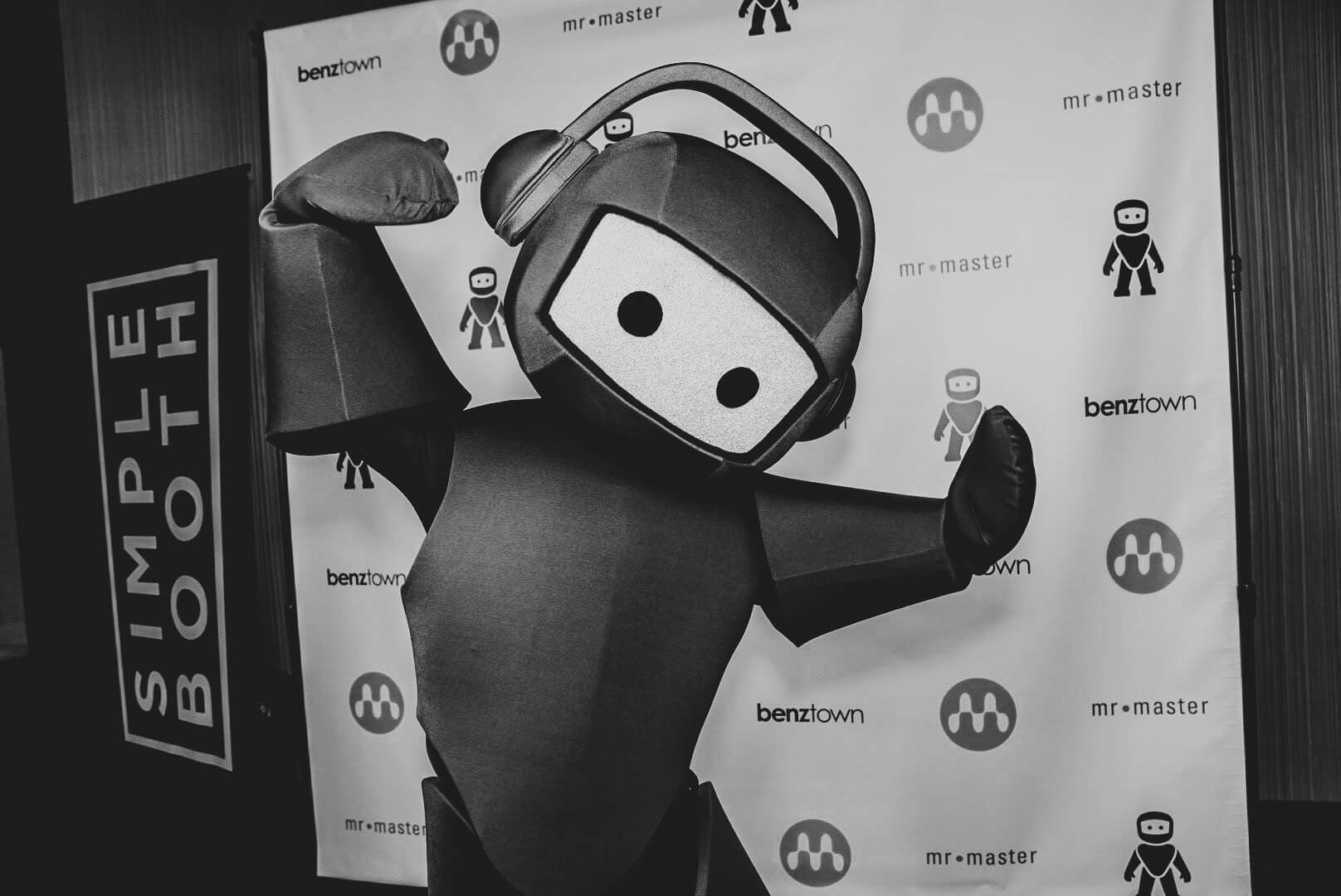Meeting Up With Jim Merkel
 What radio v/o work have you done in the past and what are you up to presently? I’ve imaged and branded nearly 500 radio and TV stations over the past 25 years and continue to return to markets I’ve been in and find new friends to work for. I do most of the movie trailers for HBO Asia and Cinemax. I voice many professional sports teams in the country and in Canada (most of the markets in the NHL) and most importantly I voice displays at a butter museum in Nova Scotia.
What radio v/o work have you done in the past and what are you up to presently? I’ve imaged and branded nearly 500 radio and TV stations over the past 25 years and continue to return to markets I’ve been in and find new friends to work for. I do most of the movie trailers for HBO Asia and Cinemax. I voice many professional sports teams in the country and in Canada (most of the markets in the NHL) and most importantly I voice displays at a butter museum in Nova Scotia.
How did you get started as a v/o actor? What was your first gig? Having been in radio since 1978 my wife Jacque knew I had greater potential and urged me to start doing voiceover work for WPXI TV in Pittsburgh. It made a lot of sense because it could also provide shelter from fickle radio management that essentially held all the cards of my financial life. I loved doing TV voiceovers! Then a few years later in 1991 a consultant friend of mine urged me to be the voice of a small radio station in Colorado Springs KSPZ. I had a ball doing it and one radio station became two, then four, then by the end of the year I had about 20 clients. I eventually left morning radio in 2010 to concentrate fully on voiceover work.
Who are your VO idols? Who influenced your work as a VO artist? There were many. Charlie Van Dyke, Danny Dark, Ernie Anderson, all the great pioneers of voiceovers left an impression on me. To this day I still borrow particular mannerisms from all the different voiceover people I admire. Each one had a particular “twist or turn” while they read a script and I noticed those little things they did and incorporated some of those things into my own reads.
Can you offer 3 helpful tips for newbie’s trying to make it in the voiceover industry? 1. You work for the program director, not the call letters! He or she doesn’t need you as much as we would like to believe. So go the extra mile to exceed their expectations, and understand that whoever you work for is stressed to the max doing various jobs so any little thing you can do to benefit them would be greatly appreciated. Working for any radio station is a privilege that you should never take for granted, regardless of if it’s in market number one or market three hundred. You are heard on that station more than the jocks that are employed by the radio station so you have a huge obligation to the PD and talent. 2. Speed. Radio is an immediate business. Never wait until the next day to read the liners or promos they send you. If you can, try and get it done the same hour they send it to you (as long as it’s during the workday). Turnaround is one of the most important things to a radio client next to quality. 3. Listen to the station you work for. With live streaming today it’s easy to put on the radio station you are imaging to hear how they are using you. Some have a lot more “ear candy” than others, while some might tend to be dry. You learn a lot about what a station likes by simply listening to them. (Plus it gives you an opportunity to comment to the PD about something you heard while listening to their station. They know that you are plugged into the station because, well, you are!)
Have you ever had a voice coach? Would you recommend it? No I have not, but I can appreciate someone that uses a voice coach. I look at voiceovers two ways. It’s like math and poetry. Math is the simple part, anybody can learn that and you don’t need a voiceover coach for that. Like landscaping; all you need is a wheelbarrow, a shovel, and a truck. That may make you a landscaper, but not a good one. How much do you know about the plant itself, what will climatology do to it, soil, etc. That’s the “poetry” of landscaping. Poetry for voiceovers is the same way. Cadence, pauses, inflection, interpretation, and all the nuances that go into a voiceover person’s style. I think a voiceover coach can help illustrate that to a new v/o talent.
How has new technology changed the way you work. While everyone has benefitted from the digital age I think cutting my teeth in the analog days has helped my reads foundationally. I did all I could to get my reads perfect for :30 or :60 or I would have to spend a lot of time with a razor blade and splice block. But now it’s just a click or two to fix, so a continuous read without mistakes is not important. Like auto-tune for singers. Before the digital age you had to sing on key. So what’s happened? Lots of singers rely on technology to make them better. While I wouldn’t go back to those analog days; I know doing thousands of spots during that time perfected my skills. That and the other big change was distribution. I remember sometimes 30 or 40 Fed Ex shippers at the front door containing high torque reels for pick up everyday. Man I’m glad those days are gone in that regard.



;)